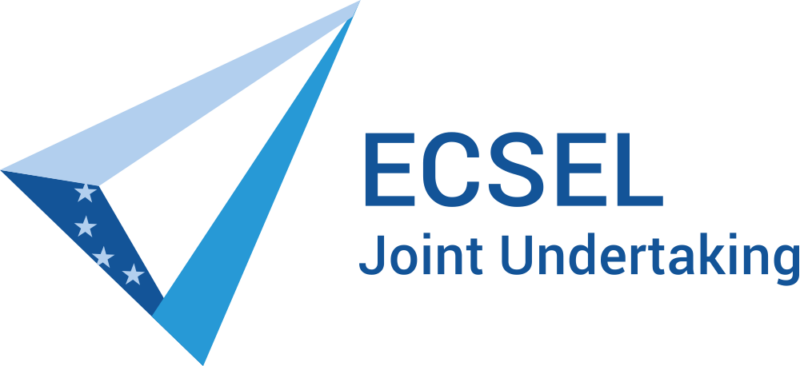MetaFS: Model-driven Fault Simulation Framework
Endri Kaja, Nicolas Gerlin, Monideep Bora, Keerthikumara Devarajegowda, Dominik Stoffel, Wolfgang Kunz, Wolfgang Ecker
Abstract: The adoption of new technologies by the automotive industry drives the need for electronic component suppliers to assess and scrutinize the risk of technologies that are being integrated into the safety-critical systems. To cope with these challenges, engineers are constantly looking for highly automated and efficient functional safety approaches to achieve the required certifications for their designs. In this paper, we propose MetaFS, a metamodel-based simulator-independent fault simulation framework that provides multi-purpose fault injection strategies such as statistical fault injection, direct fault injection, and exhaustive fault injection. The framework enables the injection of stuck-at faults, single-event transients, single-event upsets as well as timing faults. The proposed approach scales to a wide range of RISC-V based CPU subsystems with support for various RISC-V ISA standard extensions and, additional safety and security related custom instruction extensions. The subsystems were running the Dhrystone application and a specific in-house Fingerprint calculation application respectively. A minimal effort of 1 person-day was required to conduct 22 different fault simulation campaigns, providing significant data regarding subsystem failure rates.
MetaFS: Model-driven Fault Simulation Framework




